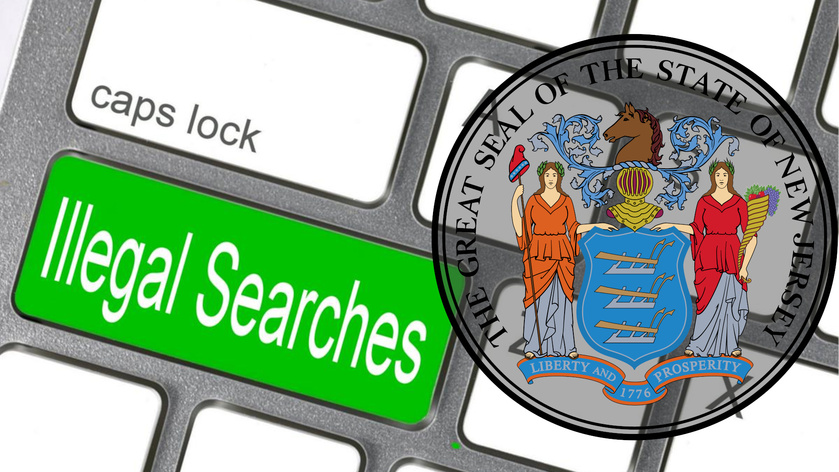
What is trust? According to Merriam-Webster, trust is…
1a: assured reliance on the character, ability, strength, or truth of someone or something.
b: one in which confidence is placed.
So in whom or what do you place your confidence? A better question may be, how do you decide where you place your confidence? Ronald Regan once said we should “Trust, but verify.” But do the American people verify who or what they have placed their trust in? There are numerous examples of “trusted sources” that have manipulated the people who placed their trust in them. Polls show that trust in American institutions is declining but remains strong. So why do the American people continue to trust them?
When you place your trust in someone or something, you give them control over you and your life. You become dependent on them. When we fought for independence, was it only from British rule, or was it to be independent of unnecessary external influences? How can the American people be free if we are controlled by those we have placed our trust in because we never verify what we are being told? Are the American people brave enough to not simply accept what is fed to them, but to verify if it is first?
The Constitution Study with Paul Engel on America Out Loud Talk Radio can be heard weekdays at 4 pm ET. Listen on iHeart Radio, our world-class media player, or our free apps on Apple, Android, or Alexa. Listen to other episodes of The Constitution Study, available on podcast.
https://www.americaoutloud.com/trust-in-american-institutions-is-declining/
Who is in charge of your children? That has been a perennial question that has grown in importance over the last few years. When I was a child, it was understood that, with rare exceptions, parents were in charge of a child’s upbringing. This included medical, religious, and educational decisions. However, over the last few decades, the role of the parent in these decisions has been replaced by experts. What happens when the goal of the experts differs from those of the parents? Who decides the future of the rising generations? It was understood that the state acted in loco parentis, in place of the parents, only for the safety of the child. A recent case in U.S. District Court shows that be it health departments, child services, schools, or even the courts. Government not only believes they know better than the parents, they are more than willing to act in loco parentis tyrannis.
https://constitutionstudy.com/?p=8897
With the release of ChatGPT and other artificial intelligence (AI) applications, there has been a lot of speculation and downright assertions about our future. With over 30 years of experience in Information Technology (IT), not more than a passing understanding of AIs, I've come to the conclusion that much of what I've heard is more science fiction than fact. A recent court case decided in the D.C. District Court revolved around one very important question. Do AIs have rights?
In this third installment of the three-part series on the branches of government, we look at the role of the third and weakest branch. At least that is what our Founding Fathers thought of it. What is the role of the federal judiciary? What are the extent of their powers, how do they related to the other two branches of government, and why is a proper understanding of the role of the judiciary critical if the United States is to remain a constitutional republic?
https://constitutionstudy.com/?p=8575
The killing of a woman in Minneapolis has led to a lot of rhetoric, most of it both inflamed and inflammatory. With both sides claiming to have evidence they are right, what are we to do? Let’s start by looking at the evidence, without emotion, and admit what we don’t know. - Live 4PM ET with Host Paul Engel @CyberEngel @OutLoudNews
LIVE https://buff.ly/qun0aPH
iHEART RADIO http://bit.ly/2mBrCxE

Dangers of depending on government
Have you ever sat in a chair, depending on it to hold you up, only for it to fail miserably? What happens when you put your faith in government to protect you and they fail miserably? - Live 4PM ET with Host Paul Engel @CyberEngel @OutLoudNews
LIVE https://buff.ly/qun0aPH
iHEART RADIO http://bit.ly/2mBrCxE

When a government agency searches without a reason it’s called “fishing”. When the Attorney General of New Jersey issued a subpoena demanding the names, addresses, and phone numbers of the donors to a pregnancy center, it wasn’t just fishing, it was searching for a white whale.
https://constitutionstudy.com/2026/01/12/505-unreasonable-searches/














